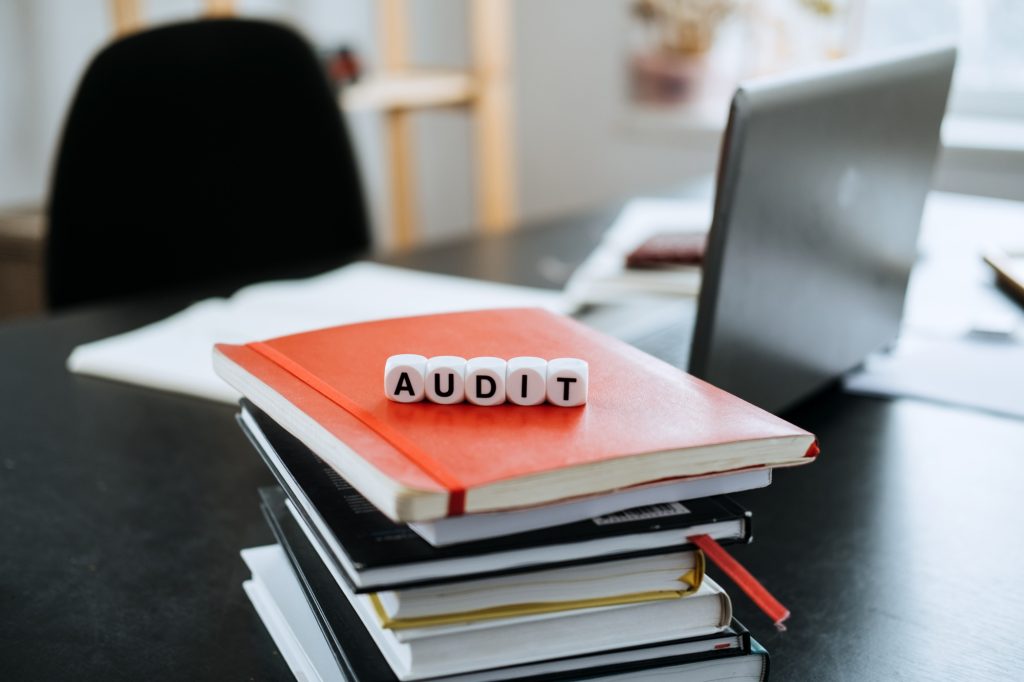Introduction
If you’ve received a letter from the Zimbabwe Revenue Authority (ZIMRA) saying your business has been selected for a tax audit, your first reaction might be stress or panic. But here’s the truth: a tax audit doesn’t have to be a nightmare—if you know how to handle it.
A ZIMRA audit is simply a review of your financial records to check if your tax filings are accurate and compliant. It can happen to anyone—from a small tuckshop in Highfield to a large corporation in Msasa. The key is not to avoid it, but to face it with structure, records, and confidence.
In this article, we’ll guide you through:
- What to expect during a tax audit in Zimbabwe
- How to prepare for one
- Common red flags auditors look for
- How to respond if ZIMRA raises issues
- How to protect your business from penalties
What Is a Tax Audit?
A tax audit is when ZIMRA examines your financial records, tax returns, and supporting documents to verify that you’ve paid the correct amount of tax. The audit may cover:
- Value Added Tax (VAT)
- PAYE and NSSA contributions
- Corporate income tax
- Withholding tax
- Capital gains tax (for asset sales)
Audits may be routine, risk-based, or triggered by:
- Late returns
- Inconsistent tax filings
- Unusually low declared income
- Tips or complaints from third parties
Step 1: Understand the ZIMRA Audit Process
Knowing how the audit process works gives you a head start.
Types of Audits:
- Desk Audit: Done remotely. ZIMRA asks for documents via email or system uploads.
- Field Audit: Auditors visit your office to inspect your records in person.
- Targeted Audit: Specific to one type of tax or transaction, such as VAT on USD sales.
ZIMRA will:
- Send a notification letter
- Request access to your accounting books, receipts, bank statements, and tax filings
- Conduct interviews or meetings
- Issue an audit report or draft assessment
- Give you time to respond or object
- Finalize assessment and payment plans (if applicable)
Step 2: Prepare Your Records Before the Audit
Preparation is everything. A well-organised business is easier to defend than one with incomplete records.
Here’s what to get ready:
- Copies of VAT returns and payment proofs
- PAYE schedules and ZIMRA remittance confirmations
- Financial statements (audited or management accounts)
- Bank statements for the audit period
- Receipts, invoices, and contracts
- Payroll records and employee files
- Asset registers (for capital gains and depreciation claims)
Keep documents organised by date and type. Use folders—physical or digital—to separate each tax type.
Step 3: Identify and Correct Gaps Before They Do
Go through your records as if you are the auditor. Ask:
- Are all expenses supported by invoices?
- Are all sales declared—especially those in USD?
- Do bank deposits match declared income?
- Have all Withholding Taxes been paid and declared?
- Are there any payments made to non-employees that should have been taxed?
If you spot any red flags, note them and prepare explanations or evidence. You can also voluntarily disclose any small errors before the audit begins—it shows honesty and may reduce penalties.
Step 4: Assign a Point Person for the Audit
Choose a competent person—ideally your accountant or financial manager—to handle audit communication.
Their role is to:
- Provide records on request
- Coordinate with staff
- Respond clearly to ZIMRA queries
- Keep a record of everything said or submitted
If you use a tax consultant or representative, ensure ZIMRA knows they are authorised to act on your behalf (via a Power of Attorney or signed letter).
Step 5: Cooperate, But Know Your Rights
During the audit:
- Be polite and cooperative
- Do not argue or become defensive
- Provide what is requested, but don’t volunteer extra unrelated information
- Ask for all requests in writing
- Keep copies of everything submitted
You have the right to:
- Ask for more time to compile documents
- Object to a proposed tax adjustment
- Appeal an assessment
- Seek independent tax advice
ZIMRA must also follow due process, provide evidence of discrepancies, and respect privacy and business confidentiality.
Step 6: Respond Professionally to Audit Findings
Once ZIMRA completes the audit, they may issue:
- A draft report or
- A Notice of Assessment if they believe you owe more tax
Do not ignore these.
You must:
- Review the assessment carefully
- Check the calculations and facts
- Gather evidence to support your position
- Submit a written objection letter within 30 days
Attach supporting documents such as corrected invoices, contracts, or reconciliation schedules. A tax consultant can help structure your response and increase the chances of success.
Step 7: Negotiate or Settle If Necessary
If the audit reveals a genuine underpayment, don’t panic. You can:
- Negotiate a payment plan
- Apply for penalty and interest waivers (in some cases)
- Work with a tax representative to request leniency, especially if errors were unintentional
Avoid ignoring the assessment—it will accumulate interest, and ZIMRA may garnish your bank accounts or suspend your tax clearance.
Common Audit Red Flags in Zimbabwe
Auditors are trained to look for warning signs. Some common triggers include:
- Sales declared in ZWL only, but with high USD deposits in the bank
- Large cash purchases with no supporting documents
- Unusual expense claims (e.g., groceries or school fees as business expenses)
- Withholding tax not paid on consultants or subcontractors
- Staff being paid in cash with no payroll records
- Frequent amendments to tax returns
- Missing daily sales reports or incomplete fiscal device data
Benefits of Being Audit-Ready
Handling tax audits confidently not only protects you from penalties—it builds a better business. When you keep proper records and systems, you gain:
- Better financial visibility
- Easier access to funding or investment
- Less stress from surprise ZIMRA visits
- Stronger trust from suppliers and partners
- A clean tax record and compliance confidence
Final Tips for Staying Audit-Ready
- Keep tax documents for at least 6 years
- Reconcile bank deposits with sales monthly
- Update payroll and VAT returns regularly
- Schedule internal checks or a tax health review every quarter
- Don’t wait until ZIMRA shows up—organise now
Conclusion
A tax audit in Zimbabwe doesn’t have to feel like a disaster. With preparation, organisation, and professional support, your business can manage audits with confidence—and even come out stronger.
Whether you’re running a retail shop in Mbare, a construction firm in Bulawayo, or a tech startup in Borrowdale—compliance is your shield, and preparation is your strategy.




